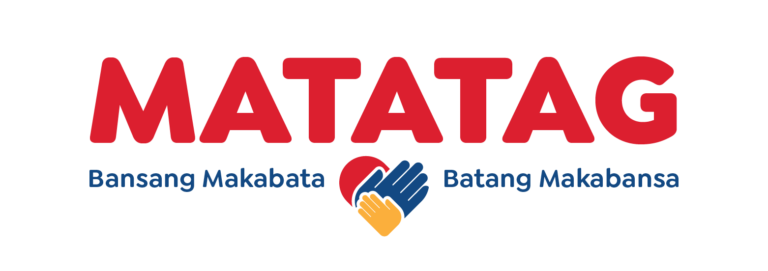
Download the MATATAG EPP/TLE Curriculum Here
The Department of Education in the Philippines is committed to nurturing a generation of Filipinos who exhibit profound love for their country and possess the values and skills necessary to unlock their full potential, thereby contributing significantly to the nation’s development. This vision is realized through the Edukasyong Pantahanan at Pangkabuhayan (EPP)/Technology and Livelihood Education (TLE) and Technical-Vocational-Livelihood Track (TVL) programs. The primary goal of these programs is to equip learners with lifelong learning skills, preparing them for the workforce and empowering them to contribute to national objectives.
Background of the Learning Area
EPP/TLE encompasses essential life skills for learners. In Grades 4 to 6, students explore four fundamental components: Information and Communications Technology (ICT), Agriculture and Fishery Arts (AFA), Family and Consumer Science (FCS), and Industrial Arts (IA). Common competencies of these components are introduced in Grades 7 to 8, followed by selected core competencies in Grades 9 and 10, emphasizing entrepreneurial skills by sector. This curriculum utilizes Filipino as the medium of instruction for Grades 4 to 5 and English from Grades 6 to 10.
Meanwhile, TVL focuses on technical skills, with learners selecting specializations from Grades 11 to 12, aligning with TESDA Training Regulations Qualifications.
Rationale
The EPP/TLE Curriculum underwent a review in 2018, aligning with the K to 10 curriculum initiated in 2019. The purpose was to identify gaps, issues, and concerns across all learning areas and grade levels, aiming to enhance engagement, experiences, and outcomes in EPP/TLE.
The review process, facilitated by the Bureau of Curriculum Development in collaboration with ACTRC, comprised three phases:
- Review of cognitive and affective demands, essential and desirable competencies.
- Horizontal and vertical alignment.
- Cross-validation with Master Teachers.
The findings revealed curriculum congestion, overlapping competencies, underdeveloped entrepreneurial skills, and varying complexity of ICT competencies across grade levels, with limited contact time due to shared allocation with entrepreneurship.
Curriculum Framework
The EPP/TLE/TVL framework supports teaching and learning, curriculum planning, and implementation, encompassing four components: teaching/learning approaches, monitoring and evaluation, support systems, and curriculum exits.
The framework underscores the learning area’s uniqueness, emphasizing the alignment of goals and educational principles with components, support systems, feedback mechanisms, and curriculum exits.
- The EPP/TLE/TVL Curriculum Aims to: 1.1 Enhance learners’ knowledge, skills, values, and attitudes through effective delivery of basic, common, and core competencies. 1.2 Equip learners with relevant, certifiable skills, fostering local and global competitiveness. 1.3 Foster self-care and home management skills. 1.4 Encourage exploration and application of Micro, Small and Medium Enterprises (MSME) principles. 1.5 Develop skills in line with Sustainable Development Goals and the 21st Century Educational Framework. 1.6 Strengthen Information and Communication Technology (ICT) proficiency. 1.7 Provide guidance on career paths, including post-secondary education, entrepreneurship, middle-level skills development, and employment.
To achieve these goals, support systems are crucial:
Hyflex (Hybrid and Flexible) Teachers: Educators who deliver EPP/TLE & TVL competencies through various modalities, including face-to-face, online, printed modules, and blended learning. For junior or senior high school, teachers should possess relevant NCII qualifications.
Learning Environment and Resources: Utilizing standard tools, machines, equipment, facilities, and resources aligned with curriculum standards.
Assessment and Exits: Standard assessment guides in alignment with EPP/TLE & TVL curriculum standards.
Relevant Partnerships and Linkages: Involving community stakeholders, industry, government, and non-government organizations to enhance competencies, provide work-related experiences, and facilitate employability.
Theoretical/Philosophical Bases
The curriculum framework draws on key learning theories:
• Constructivism: Promoting active learning and problem-solving, where learners construct knowledge from their experiences rather than relying on rote memorization. Real-world examples, such as plumbing, involve learners sharing practical experiences, like assisting in pipe repair.
• Contextualization: Aligning the curriculum with specific settings or applications to make competencies relevant and meaningful, as mandated by Republic Act 10533. For instance, teaching asexual propagation through marcotting fruit trees utilizes locally available fruit seedlings, enhancing relevance.
The New Features of the EPP/TLE Curriculum
In the revised EPP/TLE curriculum, several new features have been introduced, enriching the learning experience:
• One Skill per Component: Focusing on mastering one specific skill within each TLE component each quarter, with a dedicated 50-minute time allotment for skill acquisition and demonstration.
• Exploratory by Sectors: Grouping specializations within the same industry or sector, introducing learners to various industry sectors.
• STEM Framework: Aligning with significant concepts, this framework encourages technology utilization, problem-solving, and self-improvement, helping learners make informed career choices.
Download the MATATAG EPP/TLE Curriculum Here
Matatag Curriculum Guide
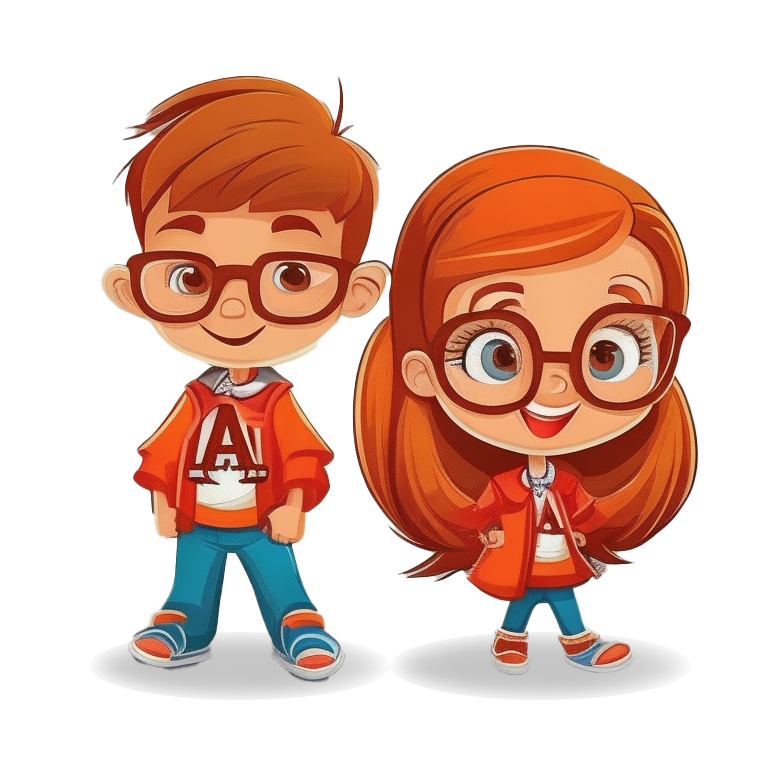
Kindergarten CG 2023
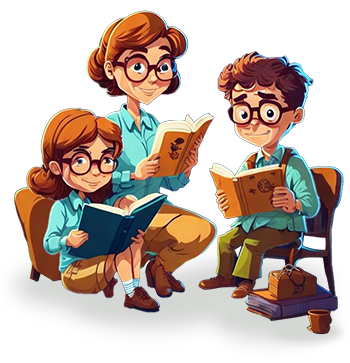
Reading and Literacy CG 2023
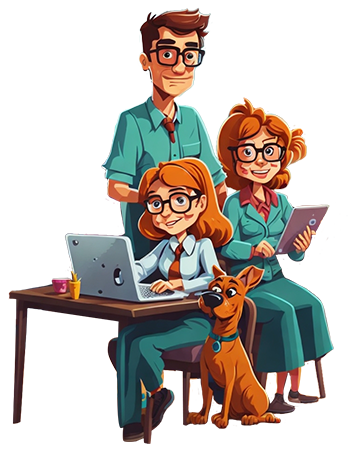
English CG 2023

Araling Panlipunan CG 2023
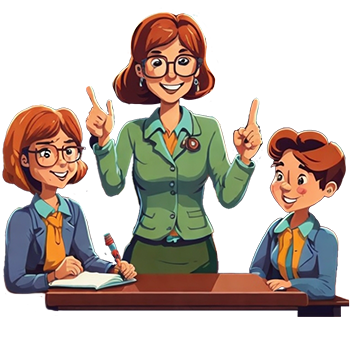
Filipino Kurikulum CG 2023

GMRC and VE CG 2023
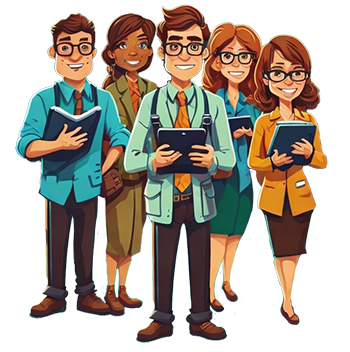
Language CG 2023
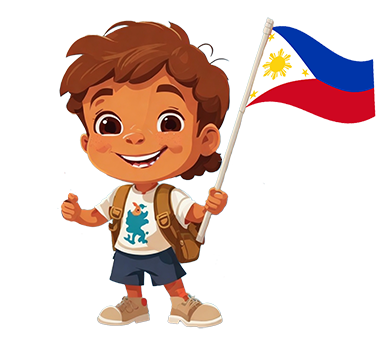
Makabansa CG 2023
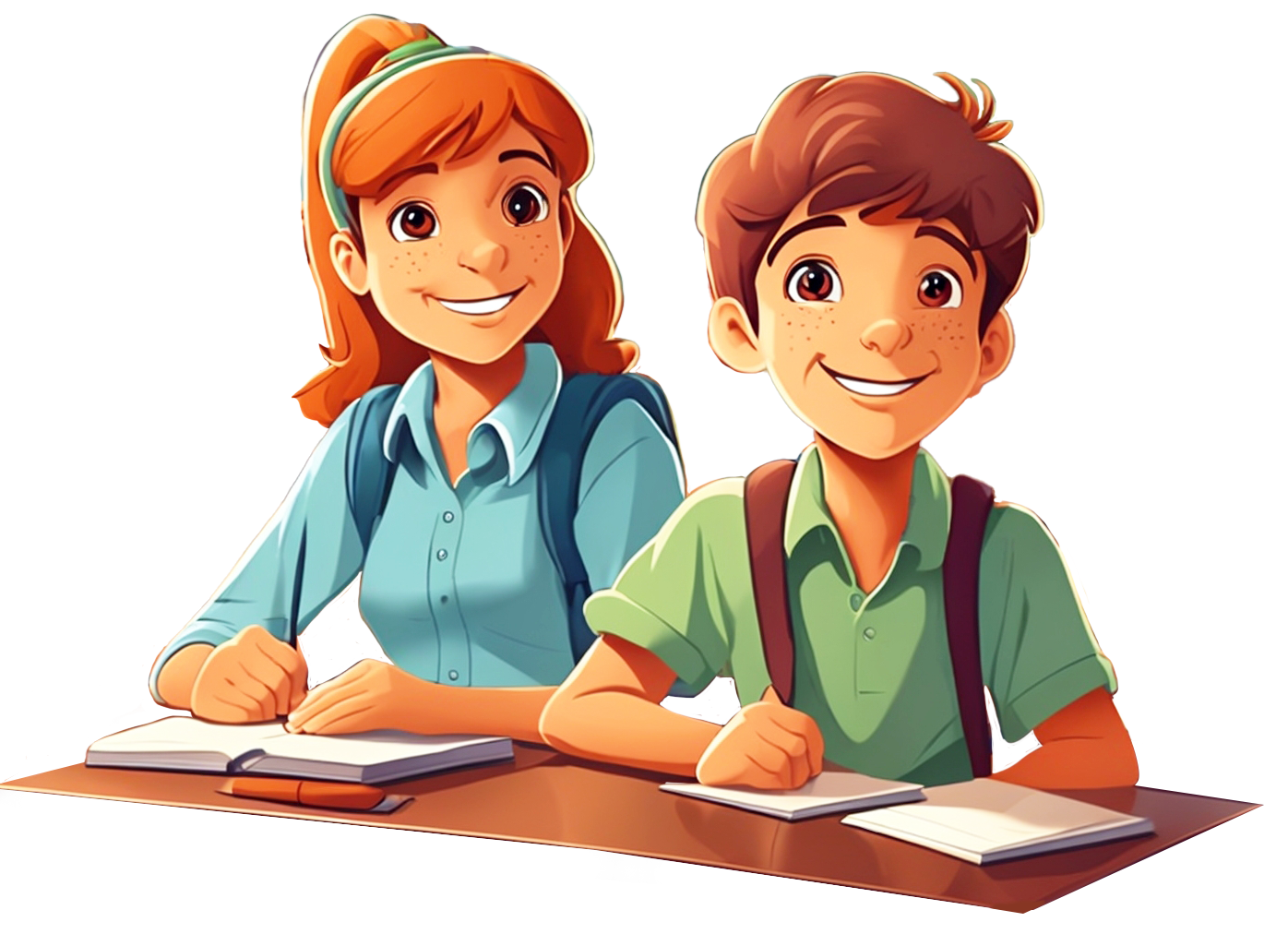
EPP TLE CG 2023
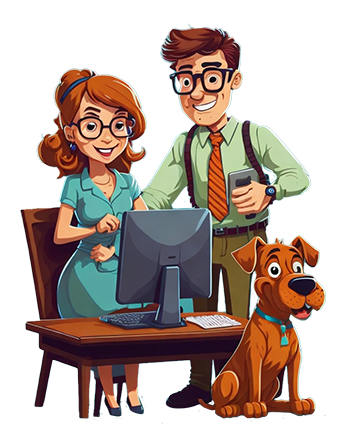
Mathematics CG 2023

Music and Arts CG 2023

PE and Health CG 2023


